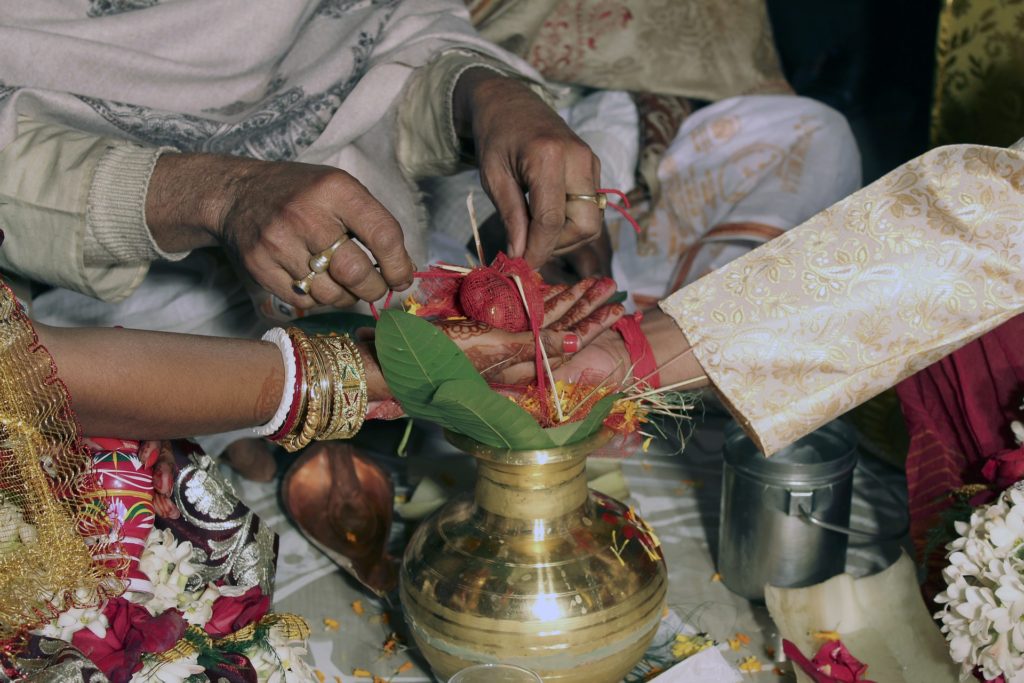Women rights in India-Constitution of India provides various rights to women which includes equality, safety, dignity and freedom from discrimination. These Female rights ensures women that they can live with freedom and without fear.It’s really important that every women should know these rights. As an individual and resident of this nation you should be aware of these fundamental and legal rights which are given to females.
Following are the Women Rights In India:
Maternity Benefit Amendment Act-2017

The Maternity Benefit Act protects the employment of women during the time of her pregnancy.Under this right, the pregnant women can take leave from his work and the employer will give full pay to her.The ‘Maternity Benefit’ supports women during her maternity period so that she can take care of her child.The act is applicable to all establishments who are employing 10 or more than 10 persons.
The Child Marriage Restraint Act-1929

This rule is applied to the whole of India except the State of Jammu and Kashmir.If a female, has not completed eighteen years of age and she is forced to do marriage then this is a punishable offense.And every female has the right to file a complaint if someone forces her to do marriage before the age of 18 years. The objective of this law is to minimize the dangers to the life of a female child.
The Equal Remuneration Act-1976

This act ensures that men and women get equal remuneration. So that we can prevent gender discrimination.According to the Indian Constitution(Article 39), the States should have the policy of giving equal pay for equal work to both man and women. There should be no discrimination in pay on the gender basis. Man and women are entitled to get equal pay.
Protection of Women from Domestic Violence Act-2005

This is a special law for female victims. This law gives relief to women from domestic violence. Every woman can file an application under this law. As a victim, you can ask for the ‘Protection Officer’ or the ‘Service Provider’. You can directly contact the police or a Magistrate for seeking help. The administration will ensure the security and safety of women.
Sexual Harassment of Women at Workplace (Prevention, Prohibition and Redressal) Act-2013

Under this act, It’s necessary for all the employers to constitute an Internal Compliant Committee at the workplace. The Internal Committee will ensure the safety of women workers at the workplace.If someone tries to harm any women physically then the committee must take appropriate actions.
The Indecent Representation Of Women (Prohibition) Act-1986

Women rights in India have an act which prohibits the indecent(vulgar or dirty) representation of women through advertisement, publications, writings, paintings, figures or in any other manner.
The National Commission For Women Act-1990

The commission is constituted for looking after the following matters:
(a)safeguard of rights of women granted by the constitution and laws.
(b) study problems faced by women and make recommendations to eradicate these problems.
(c) evaluating the status of Indian women.
(d) funding and fighting cases related to women’s rights violations.
The Dowry Prohibition Act-1961

An Act which prohibits the giving or taking of dowry. These act empowered the women so they can take actions against the demand of dowry.
The Penalty For Giving or Taking Dowry:
(1) If any person gives or takes or abets the giving or taking of dowry, he shall be punishable with imprisonment for a term which shall not be less than five years, and with the fine which shall not be less than fifteen thousand rupees or the amount of the value of such dowry, whichever is more.
The Penalty For Demanding Dowry:
(1)If any person demands directly or indirectly, from the parents or other relatives or guardian of a bride or bridegroom as the case may be, any dowry, he shall be punishable with imprisonment for a term which shall not be less than six months but which may extend to two years and with fine which may extend to ten thousand rupees.
The Commission Of Sati (Prevention) Act-1987

The Act prevents Sati practice. Sati was an ancient Hindu practice where the widow burns herself on the funeral pyre of her husband. The Government of India enacted the Commission of Sati (Prevention) Act, 1987 to prohibit this type of activities. If someone is forcing a woman for doing Sati practice then she can file a complaint under this act.
The Pre-Conception & Pre-Natal Diagnostic Techniques (Regulation and Prevention of Misuse) Act-1994

The main purpose of this act is to ban the sex-selective abortion. The act prohibits the test for knowing the gender of the child before birth. All medical equipment and medicines for pregnancy can only be sell by registered clinics. All pre-natal diagnostic techniques are banned except the equipment used for detection of diseases, genetic diseases, and abnormalities. No person is allowed to disclose the gender of the child in any form of communication, And no clinic or person is allowed to do a sex determination test.

Leave a Reply